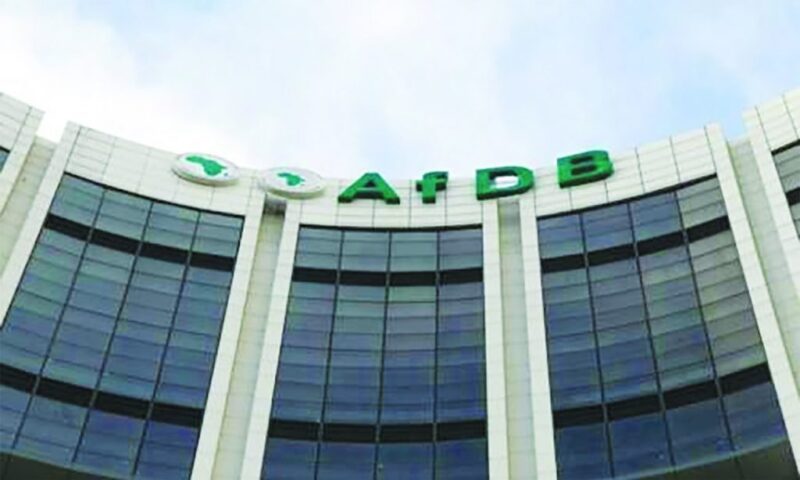The African Development Bank (AfDB) has approved cumulative financing of $10.9 billion in Nigeria, according to Lamin Barrow, Director-General of the West Africa Region. This announcement was made during the Second Interactive Session and Workshop on Developing Bankable Business Proposals/Business Plans for Youths in Agriculture, held on Monday in Abuja.
The workshop, which aligns with the AfDB’s 60th-anniversary celebrations, brought together various stakeholders. Barrow emphasized the growth of the AfDB over the past six decades, highlighting its role as a trusted partner and a leading development financial institution on the continent.
Barrow noted, “Over the last 60 years, the Bank has grown into a trusted partner and the continent’s premier development financial institution. Our cooperation with Nigeria has expanded over the years, especially considering that Nigeria is the largest shareholder.” He added that the AfDB’s portfolio in Nigeria currently supports both public and private sector projects, amounting to $4.9 billion.
Under the leadership of AfDB President Dr. Akinwumi Adesina, the Bank has focused on the “High 5” priorities: Power, Feed, Industrialize, Integrate, and Improve the quality of life for the people of Africa. These priorities are seen as key drivers for achieving the Sustainable Development Goals (SDGs) and the African Union’s Agenda 2063.
Barrow highlighted the significant impact of AfDB-supported projects, stating that they have benefitted over 400 million people. He also pointed out the importance of the interactive session in addressing the challenges faced by youth and women in agribusiness, particularly in terms of accessing finance. “This Interactive Session provides an opportunity to discuss ways of addressing the many challenges faced by youths and women in Agro-business, including access to finance,” Barrow said.
Commending the Nigerian government, Barrow praised its initiatives aimed at boosting agricultural production, creating job opportunities for youth and women, and tackling food insecurity amidst high food inflation.









